Stress and Pain
Stress and Anxiety can make your symptoms worse. Many patients suffer from both physical and emotional symptoms together. They must be looked at and treated together. This is the Biopsychosocial model of health care.
Stress can cause your muscles to tense up — and over time, that can lead to pain and soreness in virtually any part of the body. The most common stress-related aches and pains are in the neck, back, and shoulders.
Stress and Anxiety
The common physical signs of stress:
Anxiety and stress feel different for everyone. You may feel some physical and emotional symptoms. Even if you don’t feel stressed or anxious, your body could be sending you subtle signs that it’s time to address your stress. Many patients suffer stress at times in their lives.
It is very commonly felt when the cause of the stress has passed.
Stress can cause your muscles to tense up — and over time, that can lead to pain and soreness in virtually any part of the body. The most common stress-related aches and pains are in the neck, back, and shoulders.
Jaw, ear, or head pain
Many people unconsciously clench their jaws or grind(bruxism) their teeth when they’re under stress, which can cause uncomfortable tightness or soreness.
Back pain and neck pain
Muscles get tight and cannot relax, underlying mechanical problems(simple idiopathic Low back pain). Pain is persistent and only goes away tempoarily.
Lightheadedness and dizziness
Stress can raise your heart rate and cause rapid, shallow breathing, which can make you feel dizzy or lightheaded.
Dry mouth and trouble swallowing
Stress can slow down the production of saliva, which can cause a dry mouth and make it difficult or uncomfortable to swallow.
Upset stomach
Stress can cause gastrointestinal symptoms of all types, including a churning feeling, abdominal pain, heartburn, nausea, diarrhea, and constipation.
Lack of desire
Over time, stress can disrupt the body’s hormonal balance. Along with decreased sex drive, erectile dysfunction, irregular menstrual cycles, and missed periods are also common.
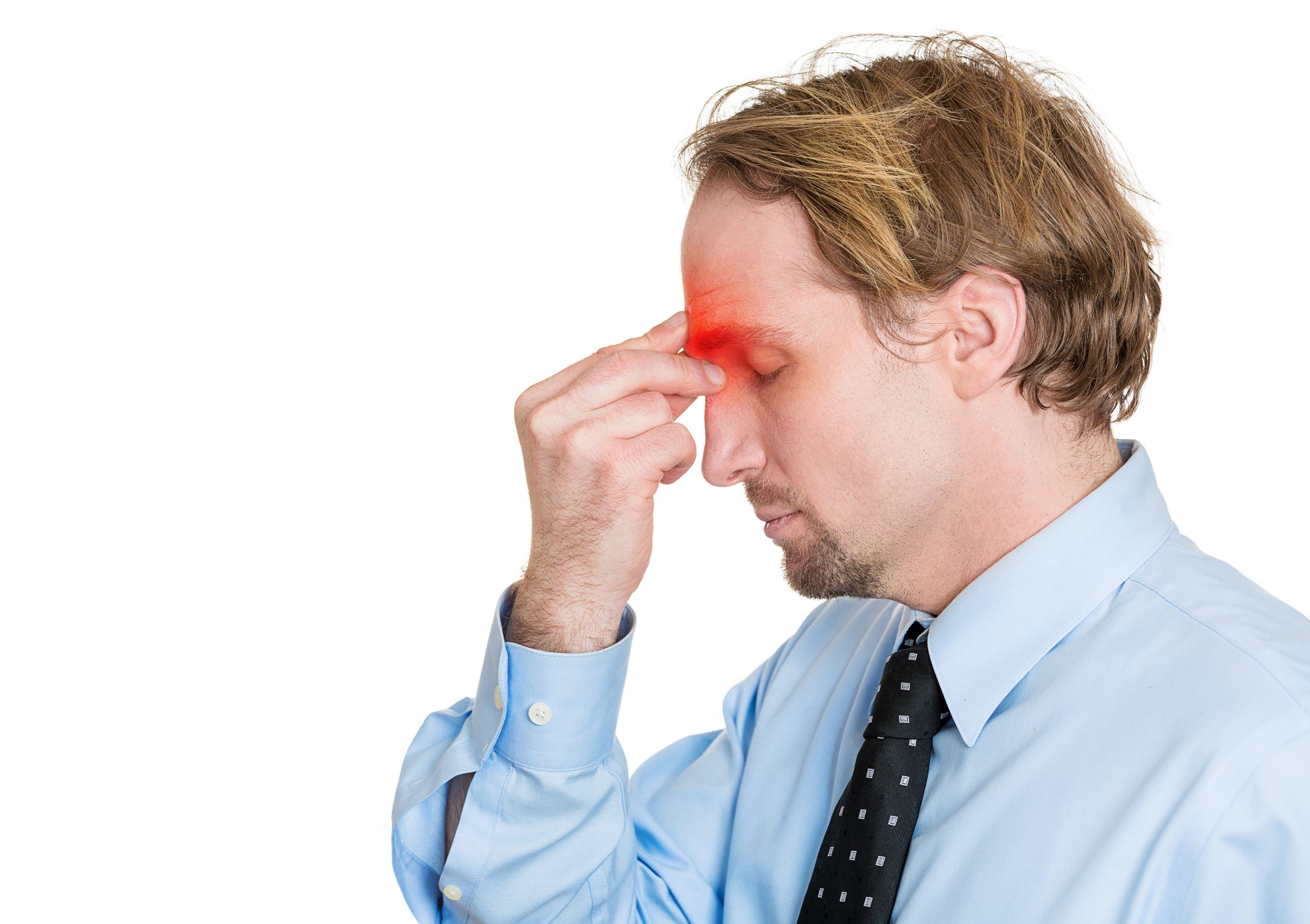
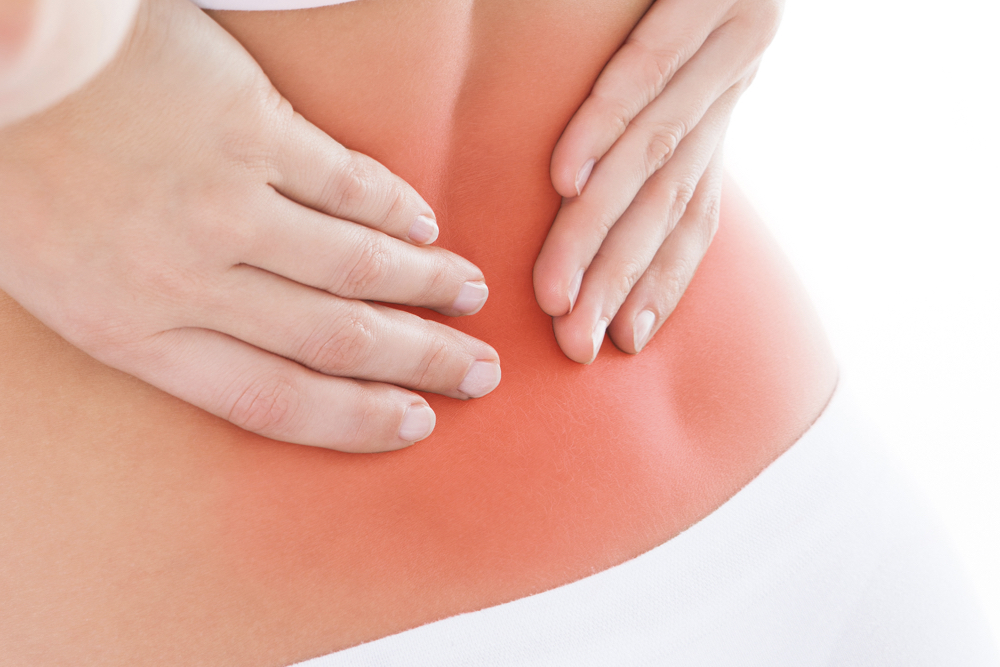
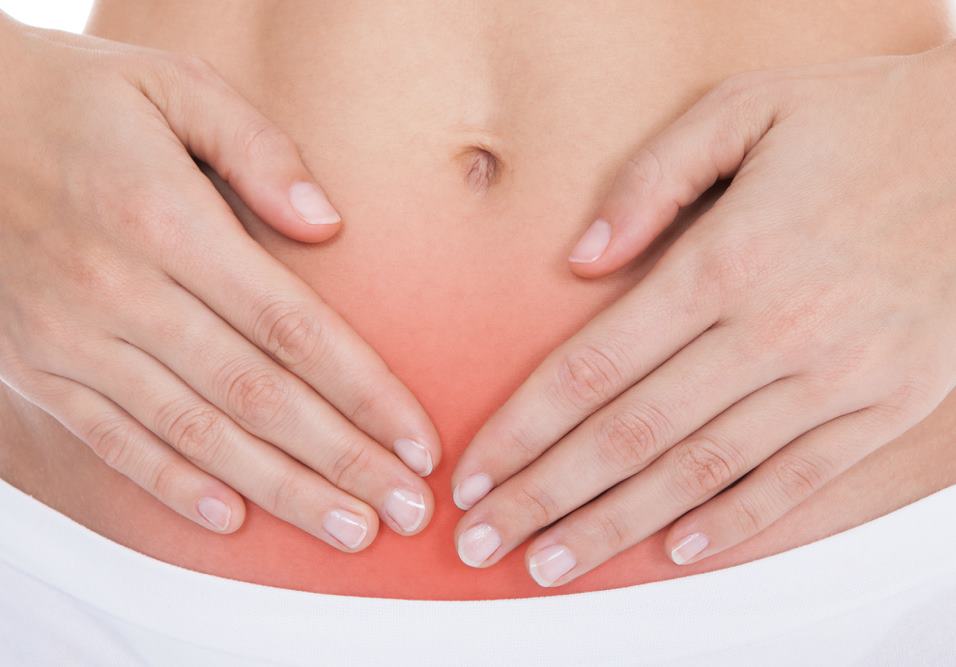
Types of stress
- Acute stress.
The feeling when you’re behind on a seemingly all-important work deadline and then you get a call from your child’s school asking you to come by or you barely miss a serious car accident.
- Episodic acute stress.
Some people experience these mini-crises regularly and live in a state of tension. They may be taking on too much or simply be overburdened by their lives. If you tend to worry, your body will be tense or angry.
- Chronic stress.
This is the grinding stress that wears us down over the years. It arises from serious life problems that may be fundamentally beyond our control:
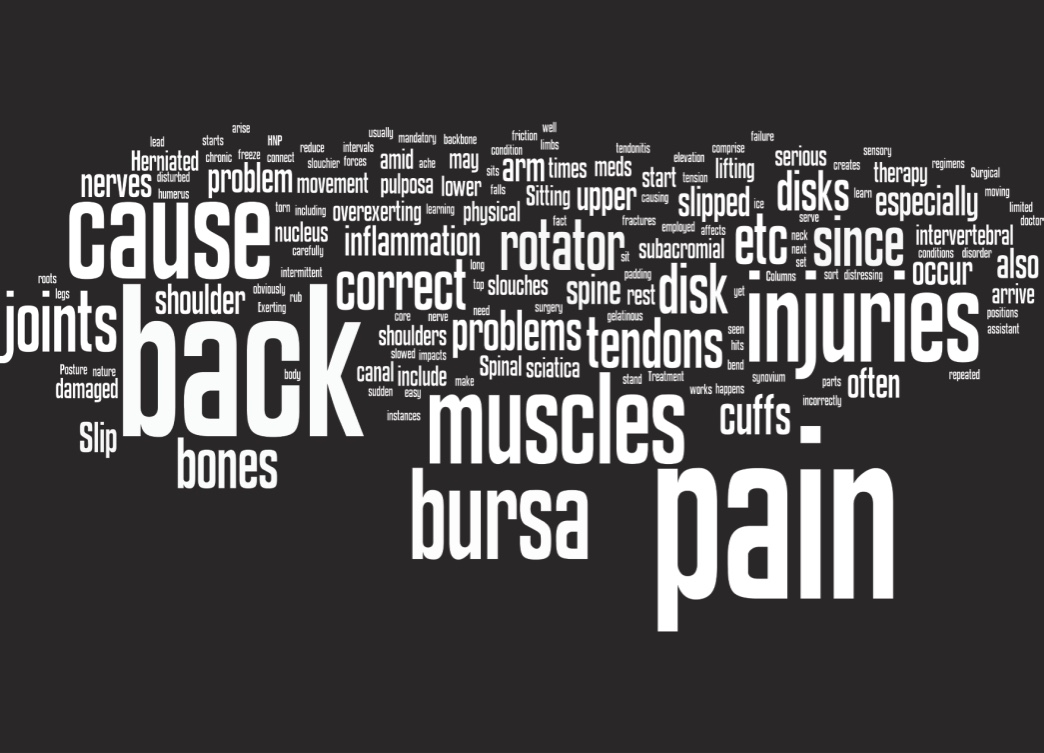
The stages of stress
- Alarm. Pressure is applied to us, we are aware and to get things done or cope with demands placed on us.
- Resistance. We get used to stress and work harder and longer to cope with demands and trauma.
- Recovery. We feel stronger and have been able to cope as the stress has reduced at this point.
- Adaptation. Our response has changed and improved, and we have learned to cope understand and improve our response.
- Exhaustion/Burnout. The stress has gone beyond our ability to cope and we start to react negatively. At this point, there are negative physical and emotional responses.
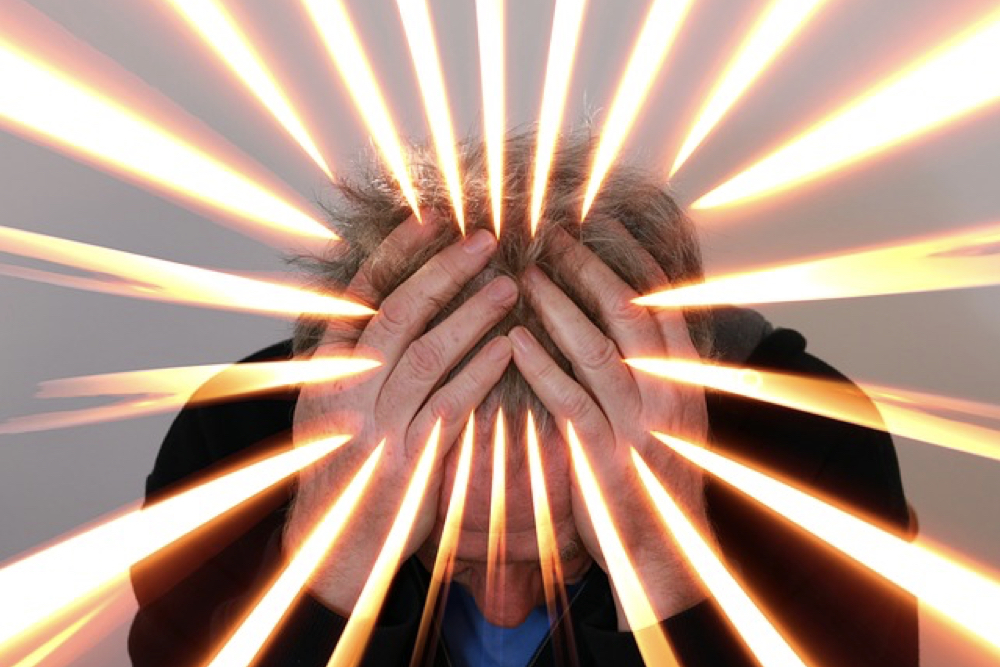
Managing Stress and Anxiety.

If you feel you need help or need to reach out contact your GP. Talk to a friend. Reach out!
Useful links
Self-help – 10 stressbusters
Please take a look at our Testimonials page and see how we have helped other patients in pain.

